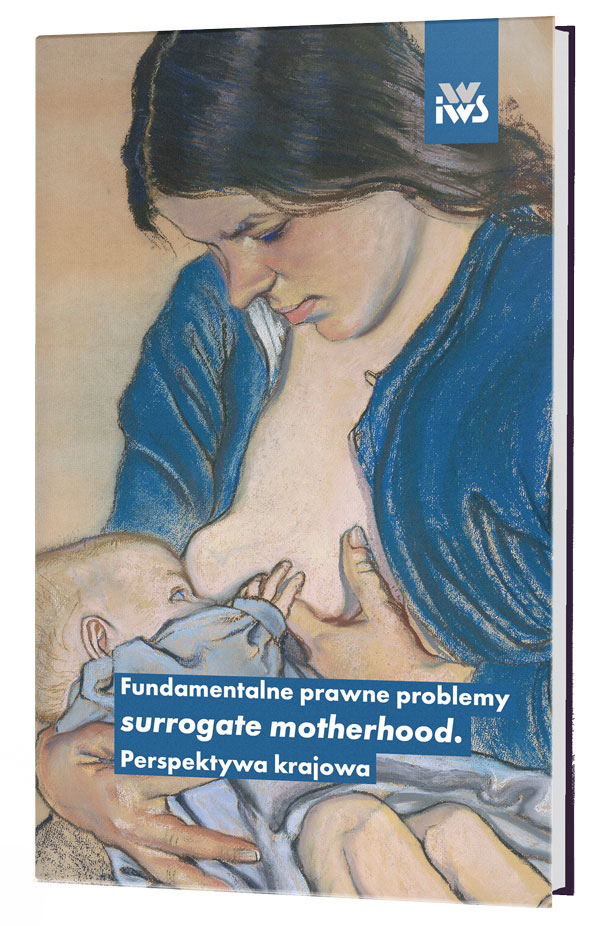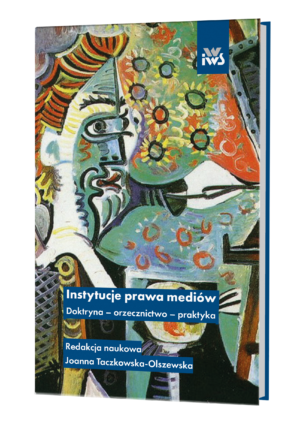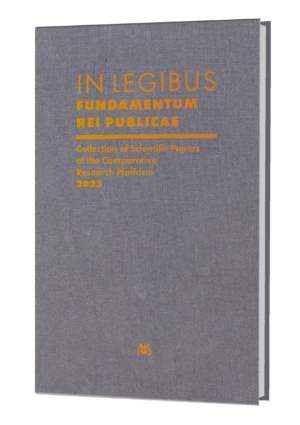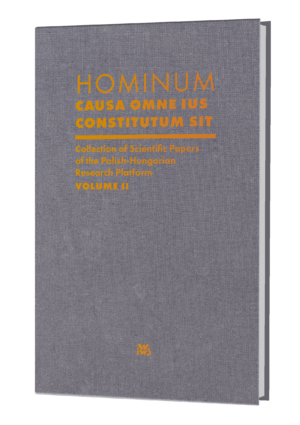The observation expressed in the Latin saying mater semper certa est remains valid for the majority of legal systems in the world. Maternity is defined as the civil status (filiation) of a woman who gave birth to a child. Maternity is typically complemented by the paternity of the man from whom the child biologically originates, which is often shown based on the presumption of the child’s legitimacy through marriage. However, in some jurisdictions, the civil status of mother or father (or a homosexual parent) may be acquired in an alternative way, namely by a contract concluded with a surrogate mother (usually, a woman from an impoverished community) with the participation of professional intermediaries and facilitators. Proposals to introduce a similar solution in the national family law, or at least to recognise the substantive effects of foreign procedures (the phenomenon that may be described as “procreative tourism”), are put forward also in jurisdictions generally prohibiting surrogate motherhood.
Many of the above issues are litigated in proceedings before national and international courts. Recent examples of such judicial involvement include the advisory opinion of the European Court of Human Rights issued on 10 April 2019 at the request of the French Cour de cassation, the judgement of the German Bundesgerichtshof of 20 March 2019, and dilemmas of Polish administrative courts.
The present book, as well as the complementary study of the broader global perspective of surrogate motherhood published in English, are the results of the work of over 30 international experts from the member and observer states of the Council of Europe. The book presents the topic in a comprehensive and monographic – “from the general to the specific” – fashion. It discusses a wide array of aspects, ranging from the philosophy and sociology of law through human rights standards enshrined in national constitutions and international agreements to principles of ordre public and their protection afforded by measures of private and public law, including penal sanctions. Thanks to this approach the readers, including legislators and judges, may have a better understanding of the fundamental legal problems related to surrogate motherhood, which appear both in the countries whose national laws create them and elsewhere in the world where these problems may permeate with the movement of persons and take form of proposals concerning the existing and expected legal framework.











